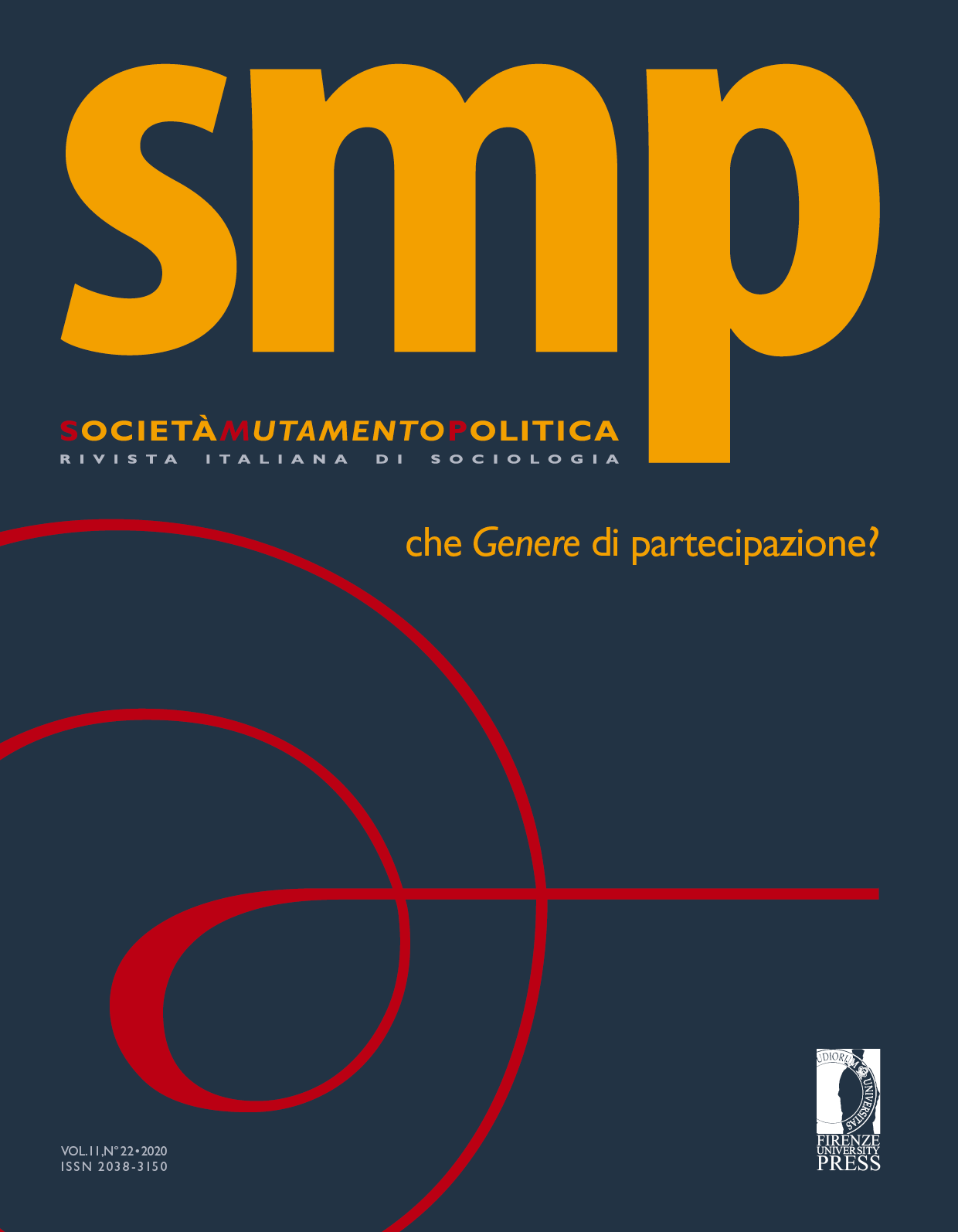The 2019 European Elections on Twitter between Populism, Euroscepticism and Nationalism: The Case of Italy
Published 2021-03-01
Keywords
- Social media,
- political communication,
- populism,
- European Parliament,
- Italian politics
How to Cite
Abstract
European Parliament elections have often been defined second-order elections, focused on national rather than transnational issues. This paper investigates the combined impact of Eurosceptic populism and social media in the development of the campaign during the 2019 European Parliament elections. It evaluates how populist and non-populist politicians and parties campaigned for the European elections on Twitter by using the case study of Italy. Computer-assisted quantitative analysis and qualitative analysis of social media content are used to assess the relevance of Europe in political communication and the strategies used by different political actors. Findings show that the concept of nation plays a central role in the campaign, with Europe depicted either as an enemy (by nationalist populism) or a saviour (by pro-Europeans). Moreover, there is e tendency towards a “populist shift” in the communication style.


